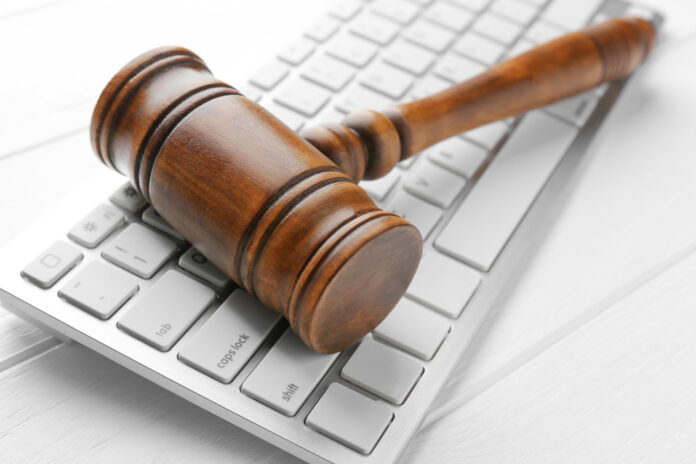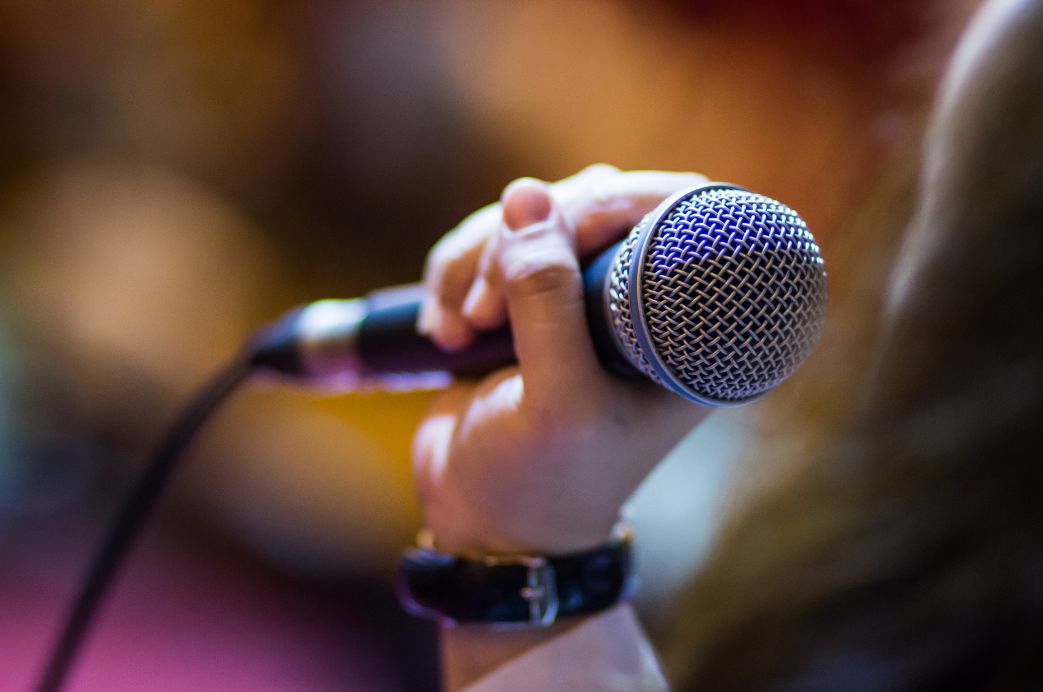One of the biggest icons in Brazilian rap, singer and songwriter Gabriel O Pensador filed a lawsuit in the Rio de Janeiro court against two of the country’s main e-commerce platforms, Mercado Livre and Shopee, as well as seven other online stores. The dispute revolves around the unauthorized use of excerpts from the song “Até Quando” on products such as t-shirts, frames, and decoration items. Released in 1993, it became one of the most emblematic songs of Brazilian rap.
When a song becomes a hit and captures the popular imagination, it is common for entrepreneurs to see it as an opportunity to profit. However, this movement does not always respect the copyrights and image rights of the artists. This is precisely where legal risks arise and the warning point for those who trade without authorization.
According to Luiz Fernando Plastino, lawyer at Barcellos Tucunduva Advogados (BTLAW) and expert in Intellectual Property, the Copyright Law prohibits the use of intellectual works, except with authorization or in specific situations, known as limitations of copyright, where the use is not an infringement. “The reproduction of excerpts from a song on products can be prohibited by law if the reproduction does not limit to small excerpts and as long as it is not the main attribute of the product or causes unjustified damage to the author or owner of the song,” he explains.
In the view of Kevin de Sousa, civil law lawyer and master in Personality Law, partner at Sousa & Rosa Advogados, the legal protection of the Brazilian artist is theoretically solid, but practically challenging, combining Article 20 of the Civil Code – which protects image and honor – with the moral rights of Article 24 of Law 9.610/98, creating a double shield.
“I see three fundamental pillars here: first, the right to the integrity of the work, which prevents its distortion; second, the right of paternity, guaranteeing the recognition of authorship; third, protection against unauthorized commercial use that distorts the original context,” he argues.
In addition, the improper use of artistic works, such as that of the rapper, goes beyond the financial aspect. “Particularly relevant in the case of Gabriel O Pensador, when a work of social protest becomes a T-shirt print without context, not only the artist’s pocket is affected, but also his creative identity and political message,” argues the lawyer.
Responsibility of platforms
The Supreme Federal Court (STF) recently decided that digital platforms, such as marketplaces, can be held liable for illegal content posted by third parties, even without a judicial decision, depending on the case. This decision changes the previous understanding, according to which these companies could only be held liable if they violated a court order. Now, the STF understands that this rule is not enough to protect people’s rights on the internet, especially in more serious situations.
“Furthermore, if the platform is notified and takes no action, or if it is profiting directly or indirectly from these products, it may be held liable for the damages caused to the artist,” warns Victória Dias, lawyer at Ambiel Bonilha Advogados and specialist in Entertainment Law and Intellectual Property.
“The STF also made it clear that platforms need to have moderation rules, functioning reporting channels, and transparency reports. If they lack these mechanisms, it also weighs against them when it comes to potential liability,” adds the lawyer.








